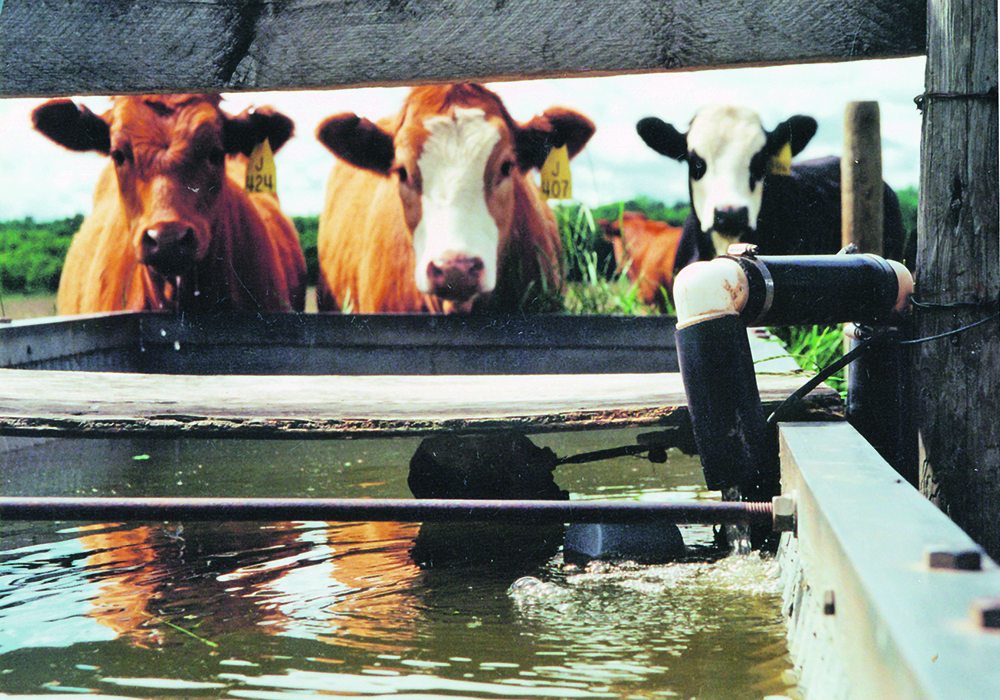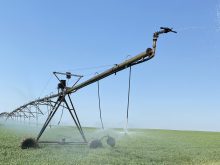Blocked access appears to be related to dispute with neighbouring Piikani Nation, but district says it remains in the dark
An apparent dispute involving the Piikani Nation is resulting in no water flowing through the canals of the neighbouring Lethbridge Northern Irrigation District.
The cause of the dispute remains a mystery to the chair of the southern Alberta irrigation district, which draws its resources from the Oldman dam.
“We’re just waiting,” said LNID chair John Vanderberg. “The latest information is that we’re really close to getting an agreement.”
However, information about the agreement or what prompted the problems that caused the taps to be turned off in the first place are unknown to the irrigation district, Vanderberg said. Irrigators discovered about April 10 that the diversion infrastructure located on the First Nation’s territory was not operating.
Read Also

Pakistan reopens its doors to Canadian canola
Pakistan reopens its doors to Canadian canola after a three-year hiatus.
Vanderberg said LNID crews were prevented from accessing the diversion by Piikani Nation members.
“(Alberta) Environment has been keeping really quiet about it,” said Vanderberg. “Even my MLA does not know what is going on.”
Vanderberg said initial indications were that a settlement would take a few days, but it has taken almost two weeks so far.
“Seventy-five percent of all the cattle in Alberta are within our district,” Vanderberg said. “A lot of these farmers are running their dugouts dry, some of them are really close and we’re very dry.”
Winter wheat, fall rye crops, “are really suffering because it’s too dry and they don’t have moisture,” he added.
Cash crops like canola, sugar beets and potatoes, which rely on irrigation to provide some moisture for seeding, are also experiencing delays due to the lack of water, said Vanderberg.
But the big issue is the need to water 750,000 head of cattle, as well as the water needed for hogs and chickens.
“It’s an emergency,” said Vanderberg. “If we don’t have water for the animals, we’re in trouble.”
As for alternatives if the water doesn’t start flowing, Vanderberg said there aren’t many that don’t involve pumping water directly from the Oldman River or Keho Lake.
“We don’t have a Plan B,” he said.
Vanderberg hopes more information will be available and stressed his confidence in a solution being reached shortly that will avoid drastic outcomes.
A request for comment to the Piikani Nation was not available prior to publication deadline.
















